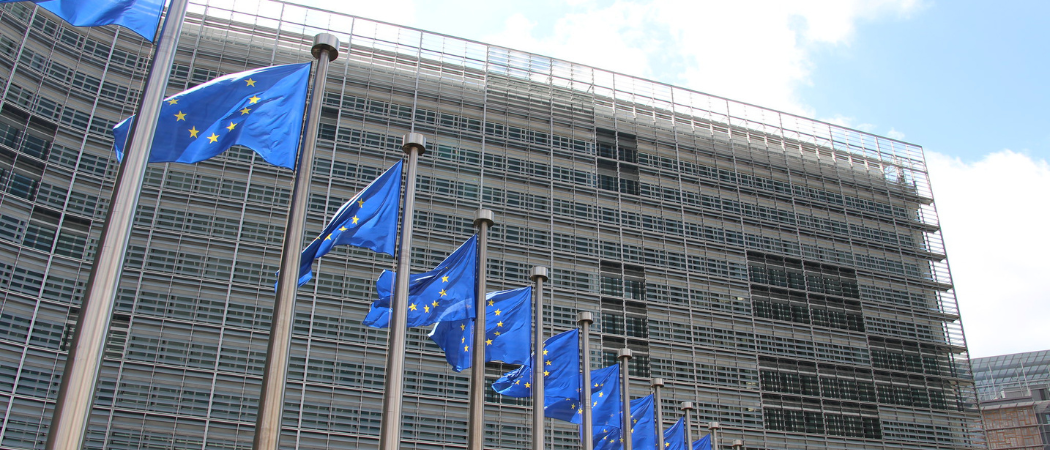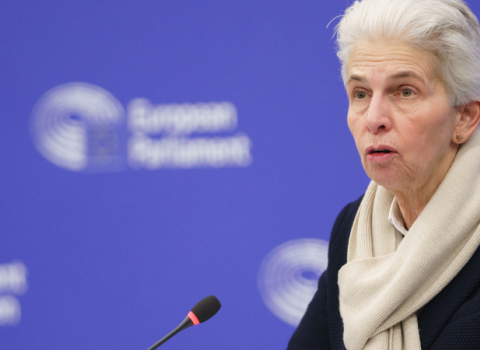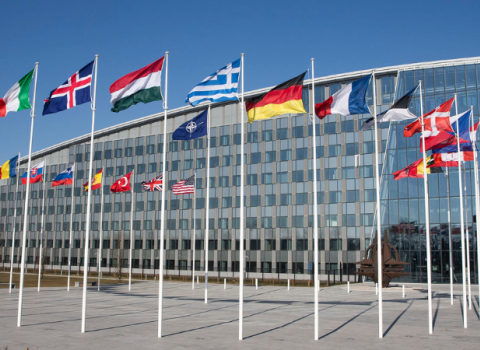Leaked document shows there will be a total of €231M for civil security research, including €90.5M million for cybersecurity

Photo credits: Fred Romero / Flickr
The European Commission wants to significantly increase funding for cybersecurity research in 2025, according to a draft document obtained by Science|Business.
If the plans are confirmed, there will be €231 million for civil security research and innovation next year, up from €194 million in 2024. Cybersecurity is the big winner, with funding set to increase from €60.4 million to €90.5 million.
This reflects the urgent need to better protect individuals, businesses and infrastructure, in the digitised era where cyberthreats are ever more sophisticated.
It is also a response to ongoing geopolitical instability, in particular the Russian invasion of Ukraine, and the prevalence in modern warfare of hybrid threats, including cyberattacks against critical infrastructure and supply chains.
The document, which is not dated, has not yet been adopted by the Commission and could be subject to change. Next year’s calls will be published later than usual since the newly-formed Commission needs time to sign off on them. The overall Horizon Europe 2025 work programme is due to be adopted early in the second quarter of the year.
According to the draft plan, Cluster 3 civil security calls will open on 12 June 2025, and close on 12 November.
The largest topic, with a budget of €44 million to fund approximately three projects, is due to focus on generative AI for cybersecurity applications. Generative AI is expected to pose new challenges for cybersecurity, but it could also offer solutions, including monitoring threats and enhancing response times.
There will also be two topics on post-quantum cybersecurity, while another €25.6 million topic will fund new advanced tools and processes for operational cybersecurity.
“The threat of a possible large-scale incident causing significant disruption and damage to critical infrastructure and data spaces demands heightened preparedness at all levels of the EU’s cybersecurity ecosystem,” the work programme says.
“In recent years, the number of cyberattacks has increased dramatically, including supply chain attacks aiming at cyberespionage, ransomware, or disruption.”
Disaster management
In addition to cybersecurity, Cluster 3 covers other security issues. Next year there will be €38 million for crime and terrorism topics, €28.5 million for border management, and €22 for resilient infrastructures.
Projects addressing the risk of natural and human-made disasters are in line for €36 million. This includes two topics for which entities from high-income countries in Latin America, the Caribbean, Africa, and Central Asia will exceptionally be eligible for funding, alongside the low- and middle-income countries from those regions that are already eligible.
The topics in question aim to improve disaster risk management and governance; and cross-border prevention, preparedness and responses to extreme climate and geological events, and chemical, biological or radiological threats.
Supporting uptake
One of the major challenges facing the EU in this cluster is how to ensure innovations developed in Horizon Europe are adopted by end users, which form a fragmented landscape of mostly public authorities.
The work programme seeks to address these barriers with €16 million for cross-cutting research, bringing together actors from different security domains, and helping to bring new technologies closer to the market.
There will be funding to support National Contact Points and link them with national communities for research and innovation, to identify capability gaps and research needs, and share this information at a European level.
There will also be €5 million for services and guidance to achieve market uptake, aimed at start-ups and SMEs on the supply side, and practitioners on the demand side.
Meanwhile, end users and public procurers from several countries will be invited to submit proposals for a preparatory action on pre-commercial procurement, to consolidate demand for innovative security technologies.
With a total budget of €1.6 billion over seven years, civil security is the smallest of the six clusters in Horizon Europe.
Attention is now turning to boosting defence capabilities, including through potentially integrating dual-use R&I in the next Framework Programme and research stakeholders have warned this must not lead to further cuts to civil security programmes.
Science|Business is making the full history of the drafting process for how the EU research budget will be spent in 2025 publicly available in our Horizon Papers database.
We think it is important to maintain a public record of how the programme evolves in successive rounds of drafting between the Commission and member states. It is a political process – which, so far, the Commission refuses to make transparent. You can share anonymously other draft work programmes at [email protected].





 A unique international forum for public research organisations and companies to connect their external engagement with strategic interests around their R&D system.
A unique international forum for public research organisations and companies to connect their external engagement with strategic interests around their R&D system.